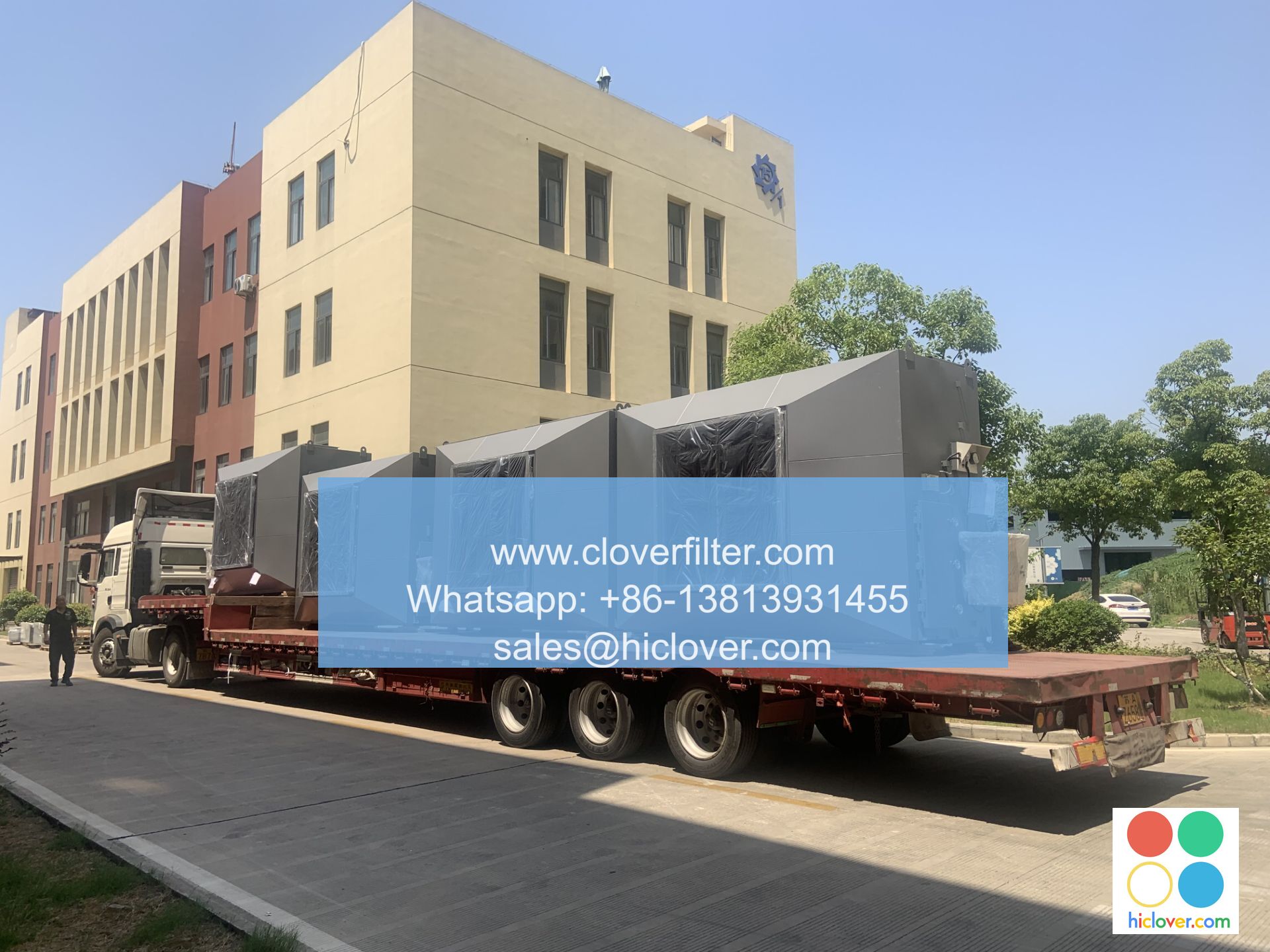The Top 10 Energy-Efficient Air Filter FAQs for Your Business

Energy-Efficient Air Filters: Top 10 FAQs for Your Business
As a business owner, you’re likely no stranger to the importance of maintaining a clean and healthy indoor environment. One crucial aspect of achieving this is by using energy-efficient air filters in your commercial space. But with so many options available, it can be overwhelming to make an informed decision. In this article, we’ll answer the top 10 FAQs about energy-efficient air filters, covering their benefits, applications, and more.
Q1: What are energy-efficient air filters?
Energy-efficient air filters, also known as high-efficiency air filters (HEPA) or low-resistance air filters, are designed to capture smaller particles and contaminants while using less energy to operate. They typically have a lower pressure drop and higher airflow resistance, making them more efficient than traditional air filters.
Q2: What are the benefits of energy-efficient air filters?
Energy-efficient air filters offer numerous benefits, including:
- Improved indoor air quality
- Reduced energy consumption
- Extended filter lifespan
- Lower maintenance costs
- Enhanced employee productivity and health
Q3: What industries benefit from energy-efficient air filters?
Energy-efficient air filters are suitable for various industries, including:
- Healthcare facilities
- Commercial offices
- Restaurants and food service establishments
- Manufacturing and industrial facilities
- Educational institutions
- Government buildings
Q4: What are the most common types of energy-efficient air filters?
The most common types of energy-efficient air filters include:
- HEPA filters
- MERV 13-16 filters
- Pleated filters
- Electrostatic filters
- Activated carbon filters
Q5: How do I choose the right energy-efficient air filter for my business?
When selecting an energy-efficient air filter, consider the following factors:
- Filter size and compatibility
- Airflow requirements
- Contaminant types and levels
- Filter lifespan and maintenance needs
- Budget and ROI
Q6: Can energy-efficient air filters reduce energy consumption?
Yes, energy-efficient air filters can reduce energy consumption by:
- Lowering fan motor energy usage
- Reducing the need for frequent filter replacements
- Optimizing HVAC system performance
Q7: How do energy-efficient air filters impact indoor air quality?
Energy-efficient air filters can significantly improve indoor air quality by:
- Capturing 99.97% of particles as small as 0.3 microns
- Reducing pollutants and contaminants
- Preventing the spread of airborne diseases
Q8: Are energy-efficient air filters more expensive than traditional filters?
While energy-efficient air filters may be initially more costly, they can provide long-term savings through reduced energy consumption, extended filter lifespan, and lower maintenance costs.
Q9: Can energy-efficient air filters be used in retrofits or upgrades?
Yes, energy-efficient air filters can be easily integrated into existing HVAC systems through retrofits or upgrades. Consult with a professional to determine the best solution for your business.
Q10: Are there any government incentives for energy-efficient air filters?
Yes, many governments offer incentives for businesses that implement energy-efficient air filters, such as tax credits, rebates, or energy efficiency grants. Research local and national programs to see if you’re eligible.
By understanding these top 10 FAQs about energy-efficient air filters, you can make informed decisions about maintaining a clean, healthy, and energy-efficient indoor environment for your business. Whether you’re in the healthcare, commercial, or industrial sector, energy-efficient air filters can help you achieve your goals while reducing your environmental impact.
I’m happy to help! However, I don’t see a prompt from you. Could you please provide one so I can assist you better? What would you like to talk about, ask, or discuss? Give me a prompt, and I’ll do my best to help!


